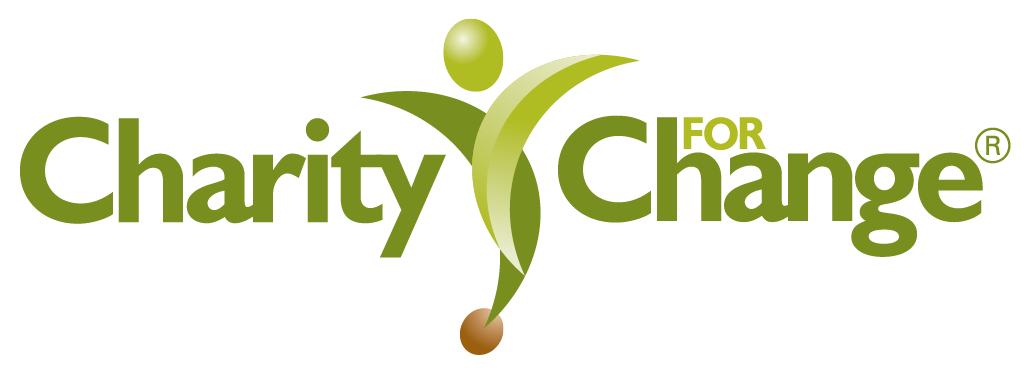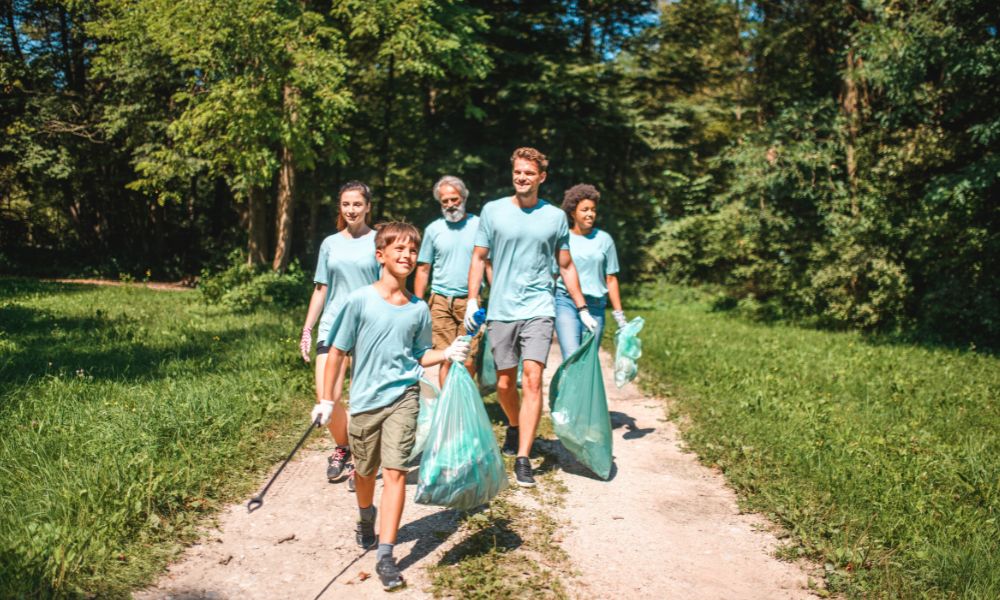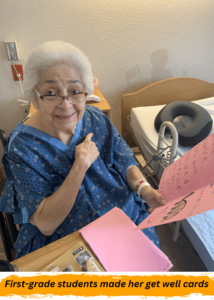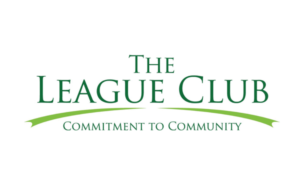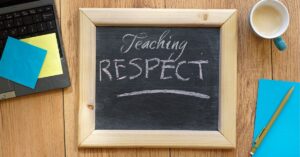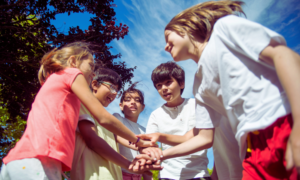Teaching kids citizenship instills values and behaviors that cultivate a sense of ownership for their roles at home, school, and in society. From being honest and responsible to showing respect for others, these values form the foundation of harmonious families and communities. Teaching children about good citizenship is about more than just making them better individuals. It’s about nurturing them to become active participants in shaping a positive world. This article shares five fun activities for teachers and parents looking for ways to help children develop good citizenship.
Cultivating citizenship empowers kids to contribute positively to their family, home, classroom and community.
When teaching children engaged in the Charity for Change Program about citizenship, we define it as “being a responsible member of a community.” The role of educators is to sow the seeds of good citizenship that will eventually grow into strong character traits.
Classroom Activities to Teach Kids Good Citizenship
Classrooms play a pivotal role in nurturing good citizenship. After all, the classroom is the first place a child’s community starts to expand, and their impact is keenly felt in the classroom community. This process helps kids cultivate a sense of ownership for their roles and contributions at home, school, and the broader community.
Five Activities that Plant the Seeds of Citizenship:
- Acts of Kindness Challenge: Create a challenge that prompts students to carry out acts of kindness, such as helping a classmate or showing care to someone in need. Celebrate their compassion and discuss how these actions help make them good citizens.
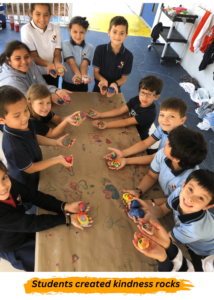
Kindness Journals or Drawings: Depending on their age, children create a kindness journal or set of drawings to record acts of kindness they’ve witnessed or performed.
Discuss Current Events that Teach Kids Citizenship: Age-appropriate discussions about current events allow children to talk about issues related to citizenship. Current events can also provide role models and practical examples that exemplify good citizenship.
Good Citizen Awards: Give out “Good Citizen Awards” during the month your class studies citizenship to celebrate students whenever they display being a good citizenship. Perhaps a student carried a package for you or tried to comfort another child that was upset. Or a student showed respect to someone by sharing their toys, snacks, or school supplies. Give these children a Good Citizenship Award with something as simple as a large star sticker that represents the Award. This helps children recognize what the good citizenship trait is, encourages positive behavior, and boosts self-esteem!
Engage in Service Together: Involve children in age-appropriate service projects, such as cleaning up a local park or organizing a classroom food drive. These experiences help them take responsibility for their community and show them the impact of their contributions.

One class engaged in the Charity for Change Program created a “Classroom Constitution” by collaboratively writing a set of classroom rules. Below are a few of these rules and the reasons they were important:
- Act appropriately. “It is important because you could do something to offend someone else without knowing. It would make kindness spread through our school.”
- Don’t judge others. “It will make people more feel comfortable and new kids feel welcomed. Also, people will not be afraid to be themselves.”
Teachers, classmates, and the classroom play a pivotal role in developing good citizens of the future. Planting the seeds of the five themes of good citizenship early is crucial. As educators, we can help shape a better future by nurturing a generation of compassionate, responsible, and engaged citizens.
Want to learn more about character and citizenship education?
Charity for Change is an engaging curriculum that integrates character education, service learning, math and language arts.
Educators need a powerful curriculum that fits these needs:
- Easy to implement
- Meets funding requirements & life skill competencies
- Rigorous, flexible, evidence-based content
- Online testing & reporting
- Affordable
Request More Information about the Charity for Change Program today!

Karen Conley
Written by Karen Conley, Founder and CEO of Charity for Change
Resources:
Get Up & Go Play!: Being a Good Citizen. PBS Learning Media. Retrieved from: https://florida.pbslearningmedia.org/resource/80c95968-e6fa-4648-911f-3b9b795a26b1/get-up-go-play-being-a-good-citizen-young-explorers/
Schnur, J (2011). Can We Teach Children to Be Good Citizens? TIME online. Retrieved from: https://ideas.time.com/2011/12/06/can-we-teach-kids-to-be-good-citizens/
